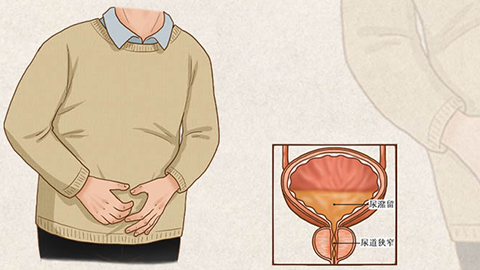What department should one visit for benign prostatic hyperplasia?
Generally, patients with benign prostatic hyperplasia (BPH) can choose to visit the urology department, andrology department, geriatrics department, emergency department, or integrated traditional Chinese and Western medicine department. Different departments have varying focuses in diagnosis and treatment of BPH; patients can choose according to their own conditions. Detailed explanations are as follows:

1. Urology Department: As the core department for diagnosing and treating urinary system diseases, it can comprehensively assess the condition of BPH, including evaluating prostate size and determining whether urinary retention exists through digital rectal examination and urinary system ultrasound. It also provides both medical and surgical treatments and is the preferred department for BPH patients.
2. Andrology Department: Specializing in diseases of the male reproductive and urinary systems, this department offers more targeted diagnosis and treatment for BPH. Treatment plans can be tailored based on the patient's reproductive health and sexual quality of life, making it especially suitable for patients with symptoms such as frequent urination and urgency who desire more detailed management.
3. Geriatrics Department: BPH commonly occurs in middle-aged and elderly men. The geriatrics department specializes in managing multiple chronic conditions in elderly patients. While treating BPH, it also addresses the control of underlying diseases and avoids potential drug interactions, making it suitable for patients with multiple comorbidities.
4. Emergency Department: When BPH leads to acute urinary retention or hematuria and other emergencies, immediate visit to the emergency department is necessary. Urgent interventions such as catheterization can relieve symptoms promptly, prevent further deterioration, and provide time for subsequent treatment.
5. Integrated Traditional Chinese and Western Medicine Department: This department treats BPH using an integrated approach combining traditional Chinese and Western medicine. While Western medications are used to control the condition, Chinese herbal medicine can be used concurrently to improve symptoms and regulate bodily functions, making it suitable for patients seeking mild treatment or those with poor tolerance to Western medications.
Before visiting a doctor, patients can learn about the hospital's department setup in advance and bring previous medical reports to help the doctor quickly understand the condition. In daily life, patients should avoid prolonged sitting and urine retention, and maintain a regular lifestyle to help alleviate discomfort caused by BPH.










